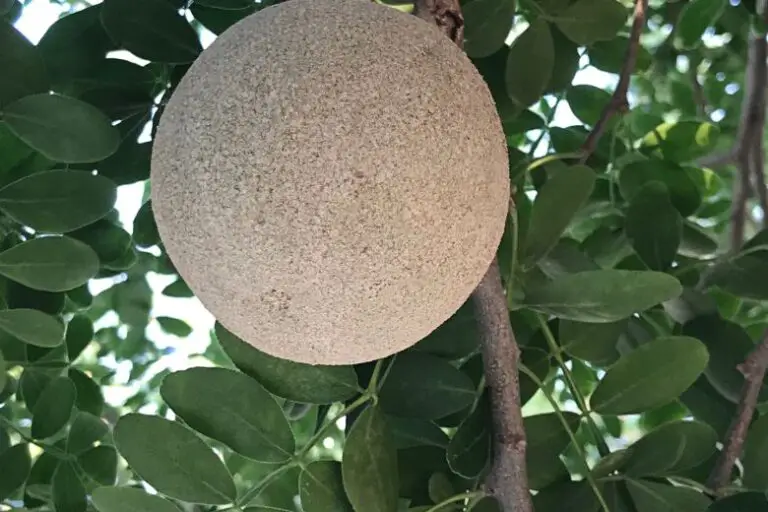Are Seedless Grapes GMO
Grapes, an ancient fruit with a history dating back to biblical times, have evolved significantly through cultivation. Seedless grapes, known for their convenience and popularity, have raised questions about genetic modification due to their seemingly unnatural nature.
The Evolution of Seedless Grapes
Seedless grapes have a remarkable history that dates back thousands of years. They originated through natural mutations and selective breeding, long before the advent of modern genetic engineering.
Understanding GMOs
Genetically modified organisms (GMOs) are organisms whose genetic material has been altered through genetic engineering techniques. These modifications are made to introduce new traits or enhance existing ones. GMOs have been a topic of debate due to concerns about their potential impact on health and the environment.
Seedless Grapes: Natural Methods of Cultivation
Contrary to the belief that seedless grapes are solely a product of genetic modification, they can be cultivated using various natural methods. One common method is grafting, where a shoot from a seedless variety is attached to a rootstock. This process preserves the genetic makeup of the original plant.
Myths and Misconceptions
There is a common misconception that seedless grapes are a result of scientific meddling. However, they have been developed through traditional horticultural techniques, without the need for genetic modification.
The Role of Biotechnology
While traditional methods have been successful, biotechnology has also played a role in grape cultivation. Techniques like embryo rescue have been used to rescue seedless grape embryos that would otherwise not survive.
Benefits of Seedless Grapes
Seedless grapes offer numerous benefits, including convenience, improved flavor, and reduced choking hazards for children. They have become a staple in households and a popular choice for snacking and cooking.
Consumer Concerns and Labeling
Consumers often raise concerns about the presence of GMOs in their food. To address these concerns, many countries have stringent labeling requirements that mandate the disclosure of GMO content on food products.
Are Seedless Grapes GMO? Unraveling the Debate
Seedless grapes are not considered GMOs in the traditional sense. While biotechnology has played a role in their development, they are primarily the result of natural mutations and selective breeding.
Seedless Grapes and Sustainability
The cultivation of seedless grapes aligns with sustainability goals, as it reduces the need for chemical pesticides and allows for better resource utilization.
Future Outlook
The future of seedless grape cultivation lies in a combination of traditional methods and innovative biotechnology. Research continues to improve grape varieties, making them more flavorful, disease-resistant, and environmentally friendly.
Conclusion
The journey of seedless grapes is a testament to the wonders of natural mutations and human intervention through horticultural practices. While biotechnology has found its place, seedless grapes are not GMOs in the traditional sense. As you enjoy these juicy fruits, you can savor the knowledge that they are a harmonious blend of nature and science.







